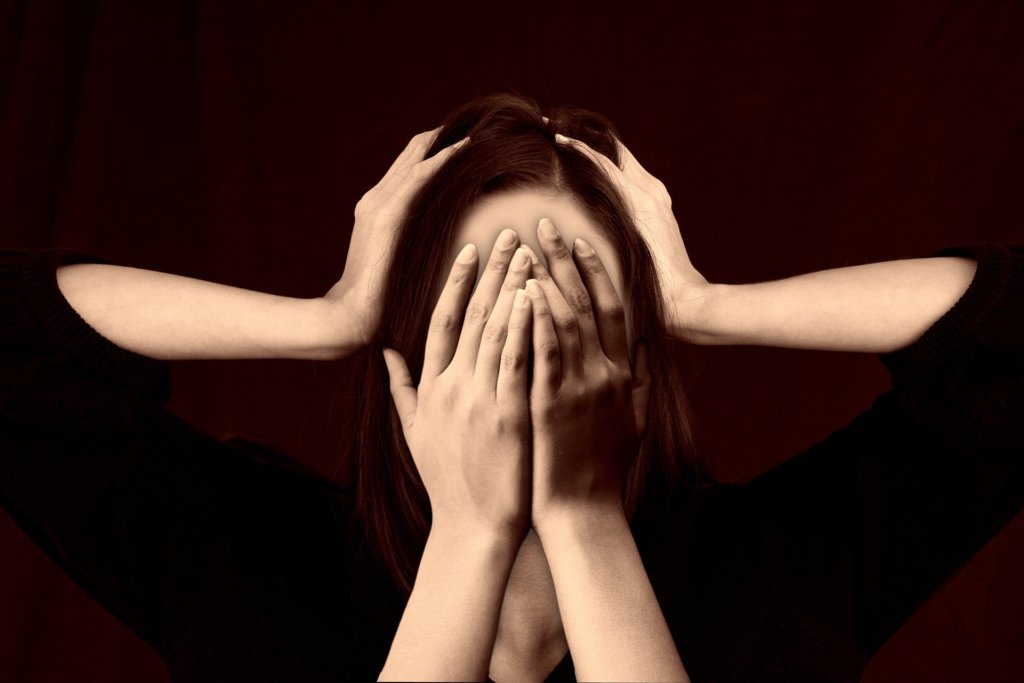The Hearing Loss Hangover
Gael Hannan (The Way I Hear It) is a hard of hearing advocate that understands both sides of the fence between the consumer and the hearing health care professional. Gael’s columns are humorous, sometimes cutting, but always constructive and to the point.

Anyone who has drunk or eaten too much or participated in an event that went from fun to not fun, knows that the next day can be unpleasant.
“How did I let that happen to me?”
Hangovers are the lingering effects of any negative situation. For people with hearing loss, this can be a Bad Group Communication Event (BGCE). Any situation involving marathon group conversations such as family celebrations, parties, women’s getaways, and business meetings that are meaningful and important, can easily sideline you because of accessibility issues.
Your clients experience this: being unable to keep up with the conversation and your pleading reminders for accommodation seem to get lost in the organic flow of communication. A pleasurable event becomes painful. When these events are over, a stress reaction sets in. For some, the hearing loss hangover means being grumpy for a little while and annoyed with themselves and others.
But for some, the stress is more acute.
A hearing loss friend, in distress after a weekend away with group of her closest friend wrote me about it.
“It’s always the same. It doesn’t happen often but when it does, it wipes me out. The trigger is always the same: difficult, effortful listening with a constellation of people that I care about, sustained over a long period of time. It’s the work of listening, of balancing “not repeatedly interrupting the group conversation” with the need to interrupt. The yearning to be part of the conversation and not achieving it. The sadness that follows. Then there’s the balancing of trying to understand why it’s so hard for them to do what I’ve asked them to do—and anger that they can’t or won’t do it. That’s followed by discouragement and frustration that my efforts have not been effective.
That triggered my typical stress reaction—a bone deep physical exhaustion that lasts for days and a complete exhaustion of cognitive and emotional problem-solving resources.
To deal with it, I give myself permission to get lots of sleep. I pace myself at work, get a massage, take a yoga class, or even visit a professional counselor specializing in hearing loss. When the stress wears off a bit, I pledge myself to planning more carefully for the next event. It’s important to prevent the accumulation of stress rather than reacting to it and having do damage control.”
Shari Eberts (my coauthor on our book Hear & Beyond) once had to walk out of the room, mid-event, “to preserve my energy for other, more productive interactions.” But walking out is a last resort for Shari as it is for most of us, including my friend Myrtle Barrett: “I want to be part of the conversation and I hate being shut down. I have not been able to change the situation in the hearing world and the hurts still make me feel old and tired at times.”
So how do we cope – especially as we swing into the holiday social season – with the aftermath of a Bad Group Hearing Event?
Katherine Bouton, author of Shouting Won’t Help says, “I read and take a lot more naps than I used to. Maybe it’s because I’m older, but it’s mostly due to exhaustion from the daily hearing effort.”
Toni Iacolucci, a New York advocate, says, “I’ve also learned that some situations are completely unworkable, and there’s no need to fight a losing battle.”
One thing is clear. With all the knowledge in the world, all the best-laid plans for managing the listening event, even the most experienced hearing loss people cannot completely avoid the stress! No one has learned to let every drop of hearing loss hurt, frustration or anger roll off their back.
It’s important to let your clients know that they are not alone in their stress reactions, whether they are mild or more serious. They are not the only frustrated, sensitive, emotional powder kegs of hearing loss—there are millions of people who have similar reactions. And there’s nothing wrong with feeling this way, because the hurt and frustration of being disconnected from other people is real, and a natural part of the hearing loss life.
In Hear & Beyond, Shari and I talk about how we both ultimately adopted better strategies for these challenging group events. But we also learned, as have many people, that there are also strategies for dealing with a hearing loss hangover. Breathe. Indulge in quietness. Exercise. Have a nap. But it starts with forgiving yourself and others for not being perfect communicators yesterday or today. But tomorrow, we can be better.
Note: This blog is an updated version of a 2015 article. Since that time, several of the people mentioned here have received cochlear implants. While communication challenges still exist, so does the ability to meet them more successfully.

